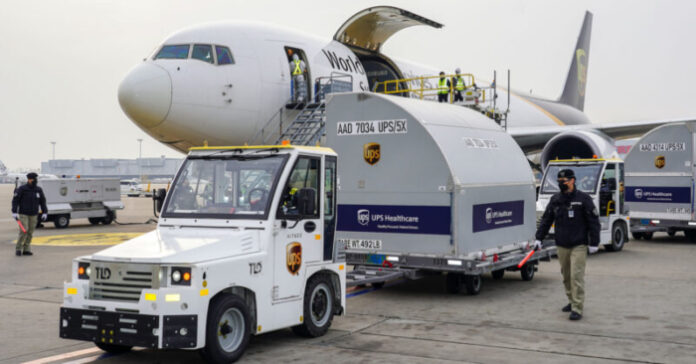
-
The global air cargo industry has four priorities to build resilience and strengthen its post-pandemic prospects to face challenges
-
IATA head of cargo says after a “stellar” 2021, Russia’s invasion of Ukraine and its consequences are hurting the global economy
-
Positive developments have emerged with e-commerce growing, COVID restrictions easing, and high-value specialized cargoes proving resistant to economic ups-and-downs
International Air Transport Association, or IATA, outlined four air cargo industry priorities on September 27 to build resilience and strengthen their post-pandemic prospects.
IATA highlighted the four priorities at the 15th World Cargo Symposium (WCS) that opened on September 27 in London. These are:
- Achieving net zero carbon emissions by 2050
- Continuing to modernize processes
- Finding better solutions to safely carry lithium batteries
- Making air cargo attractive to new talent
Brendan Sullivan, IATA’s global head of cargo said Russia’s invasion of Ukraine on February 24 this year and its consequences impacted the global economy.
“Air cargo had a stellar year in 2021 achieving US$204 billion in revenues. At present, however, social and economic challenges are mounting. The war in Ukraine has disrupted supply chains, jet fuel prices are high and economic volatility has slowed GDP growth,” Sullivan said.
He said there are positive developments, with e-commerce steadily growing, COVID restrictions are easing, and high-value specialized cargoes are proving resistant to economic ups-and-downs.
Sullivan said that in 2021, the aviation industry agreed a balanced plan to achieve net zero carbon dioxide (CO2) emissions by 2050 with a potential scenario of:
- 65% through Sustainable Aviation Fuel (SAF)
- 13% from hydrogen and electric propulsion
- 3% from more efficient operations
- 19% through offsets and eventually through carbon capture, as an out-of-sector solution while technology develops.
“SAF is the key to achieving net zero emissions. Airlines used every drop that was available in 2021. And it will be the same this year. The challenge is SAF production capacity. The solution is government incentives. With the right incentives, we could see 30 billion liters of SAF by 2030,” Sullivan said.
Sullivan said the challenges of the COVID crisis gave the industry confidence to change and adapt fast to customers’ expectations of modernization and efficiency.
Government support for modernization through facilitating trade is critical. He cited the Revised Kyoto Convention, which brings standardization, technology, predictability and speed to trade facilitation, and the World Customs Organization’s SAFE Framework of standards to facilitate and secure trade.
He said too many diverging government requirements that should be harmonized by these two tools should change quickly so that the industry can continue to support global trade with modern and efficient air cargo, Sullivan said.
Safety, specifically finding better solutions to safely carry lithium batteries was highlighted as a priority for the industry.
IATA urged the European Union Aviation Safety Agency and the US Federal Aviation Administration to accelerate development of a test standard that can be used to show that fire containment pallet covers and fire-resistant containers are capable of withstanding a fire involving lithium batteries.
The group also called on governments to step up and take responsibility for stopping rogue producers and exporters of lithium batteries. IATA also urged industry to use technology such as DG Autocheck to accurately verify that shipments comply with dangerous goods requirements.
On people, Sullivan said they are the core of any improvement in what air cargo can deliver, but thousands of jobs, especially cargo handlers, left during COVID-19 and the industry is now competing for talent in a very tight job market.
IATA called for governments to accelerate clearance processes, including security checks, as a short-term solution and longer term to do a better job of attracting, onboarding, and retaining talent.




